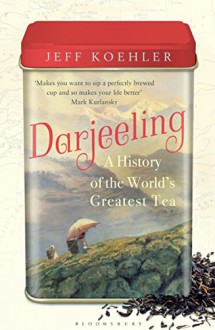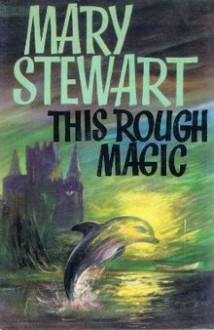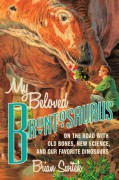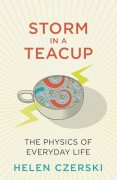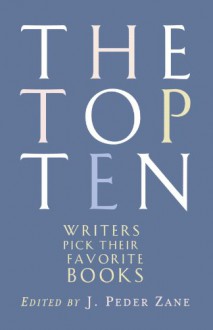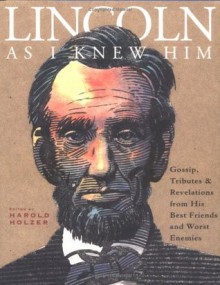
My problem with history books, generally speaking, until recently, was the most of them tended to focus on statistics in one form or another (dates, battles, treaties, laws, etc) and very rarely about the people, the culture. One without the other is history without context and as such either put me to sleep or went in one ear and out the other.
But I've always had more than a bit of hero worship for Abraham Lincoln. Just looking at his portraits, there is something compelling to his visage, something that implies the hidden depths are deep indeed.
So when I heard about this book, it sounded like just the thing I was looking for: mostly contemporaneous anecdotes of Lincoln, told by those that loved him, worked with him, or worked for him - and a few by those that worked against him. Short of asking Lincoln's cat what he thought of him, I can think of no better way of really learning the true quality of the man himself than from what his friends and opponents thought of him.
Holzer puts together a slim but comprehensive volume of such anecdotes, groups by relationship to Lincoln: family, friends, press, etc. In the introduction and at the end in the author's notes he is clear that the collection is but a drop in the bucket, but is representative of the whole, and that he has left each alone save for editing for readability (i.e. swapping em dashes for periods to comply with modern grammar).
By far the most eloquent of the pieces, and likely my favourites on first reflection, are those written by Harriet Beecher Stowe, Sojourner Truth, and Frederick Douglass. Beecher Stowe for her beautiful writing, Truth for her passion and grace, and Douglass for his honesty. My least favourite, although Holzer gets credit for avoiding bias, are two excerpts from John Wilkes Booth; it brings balance to the work, but feels blasphemous somehow, to include his assassin's memories.
The number one thing in common amongst all these anecdotes - whether the writer admired or reviled Lincoln: that he was honest, kind and moral. How many historical figures have the respect of their detractors?
I read this for the Optional 4th of July Main Street Read for space #13. Pages: 262

 Log in with Facebook
Log in with Facebook 










